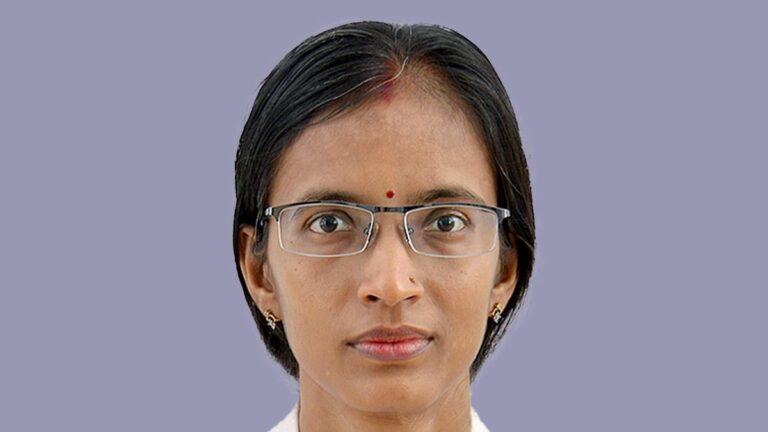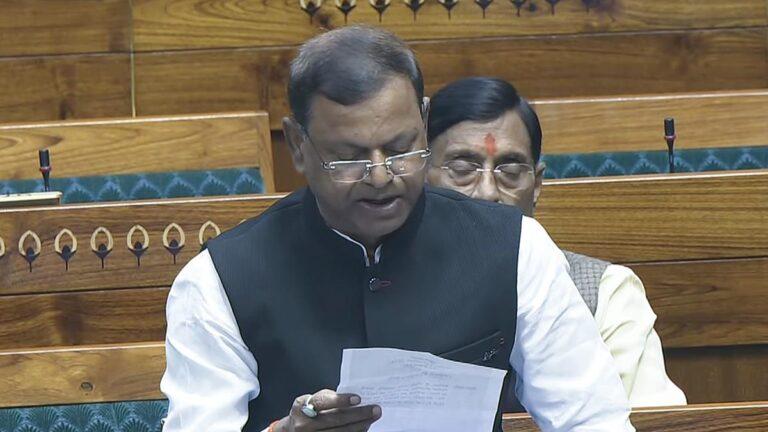On the way to a conference dinner in Bengaluru in 2014, Neena Gupta, then a postdoctoral student, was discussing a fundamental problem in algebraic geometry with a field expert, another student, and her grand supervisor, S.M. Bhatwadekar.
The expert said the problem had already been solved by an Indian. Bhatwadekar pointed at Gupta and said, “You are sitting beside that Indian.”
“That kind of recognition is rare,” Gupta, currently a professor in the Theoretical Statistics and Mathematics Unit at the Indian Statistical Institute, Kolkata, and the recipient of the 2024 Infosys Prize 2024 in mathematics.
She won the prize for her groundbreaking work on a fundamental problem in algebraic geometry called the Zariski cancellation problem, posed in 1949 by Oscar Zarsiki.
Gupta also won the Shanti Swarup Bhatnagar Prize in Mathematical Sciences in 2019, the Nari Shakti Puraskar in 2021, and the DST-ICTP-IMU Ramanujan Prize in 2021.
“It was a long journey to arrive at the solution. When I first encountered the problem, I thought I could solve it. My supervisor, Dr Amartya Kumar, very kindly told me that it is a very difficult problem. I spent a lot of time reading research papers and took some time to solve it. It was the first time I tried an innovative approach,” she told The Hindu.
That wasn’t the end. As questions poured in regarding the solution, she dived deeper into the problem. With the help of her then PhD students Parnashree Ghosh and Ananya Pal, she developed a theory around the solution that could then be used to find a solution in a higher dimension.
“In this field there is no end to learning,” Gupta said. “One of the best ways to enhance your knowledge is to collaborate with people. You can learn from papers and books but when you collaborate your learning multiplies.”
She said her mentor played an important part in her success. “I came to know of this area of my research from Dr Kumar’s lecture series that he was giving in the department. After I started working with him, he suggested papers and relevant research to further my knowledge. Mathematics is not a subject you can pursue alone. You need to talk to people, even to know what to read and how to proceed in research. He has been patient and kind with my questions and always encouraged me to pursue my interests.”
“You have to really like what you are doing. Academia can get quite depressing. Not every problem will give you a eureka moment, but you have to persevere and work hard to stay on in this field,” she added.
Gupta supports the same mantra when speaking to young female researchers who want to pursue a career in mathematics. “Every person is different, they think in their own unique way. Their background and thought process often bring a different perspective which may actually help solve problems,” she said. “This is not just in the case for women but for men, too: you need to have perseverance and put in hard work.”
She also acknowledged women in mathematics face unique difficulties. “Thirty years back you would find almost nobody’s studying beyond class 10 or 12 but now things have changed and there are is a lot of participation of women, at least until graduation, but really few of them continue for PhD and continue, decide to do research.”
“Very often, women will leave in between because [they have] the dual responsibility of taking care of the family as well as excelling in their careers. That makes it very difficult. So having a supportive family is very important.”
“Things are changing now. We have professors (Raman) Parimala and Sujatha (Ramdorai) showing us the way. The government has several scholarships and fellowships for women who want to get back into research,” she added.
She also said institutions such as the Infosys Science Foundation are playing a role. According to her, the recognition they confer through their awards recognises the hard work of researchers as well as popularises their work, which fosters more interest and collaboration.
Published – December 22, 2024 07:59 am IST














